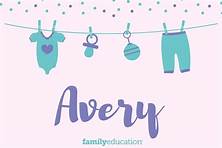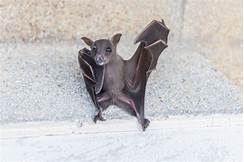Can You Own a Cheetah as a Pet?
Cheetahs are beautiful and fascinating creatures, but are they really suitable as pets? In this article, we'll explore the legality, ethics, and practical considerations of owning a cheetah as a pet. Let's dive in!

Legality of Owning a Cheetah as a Pet
1. United States: In the United States, it is illegal to own a cheetah as a pet in most states. The Endangered Species Act (ESA) of 1973 protects cheetahs, making it a federal crime to import, export, or possess them without a permit. Only qualified institutions, such as zoos and sanctuaries, are allowed to keep cheetahs under strict regulations.
2. Other Countries: The legality of owning a cheetah as a pet varies from country to country. In some regions, such as the Middle East and Africa, private ownership of cheetahs is allowed, although it is heavily regulated. However, it's important to note that international trade in cheetahs is restricted by the Convention on International Trade in Endangered Species (CITES).
Ethical Considerations of Owning a Cheetah as a Pet
1. Wild vs. Domesticated: Cheetahs are wild animals, not domesticated companions. They have specific needs and instincts that cannot be fully met in a domestic setting. Keeping a cheetah as a pet could lead to physical and psychological distress for the animal.
2. Lack of Proper Care: Cheetahs require specialized care, including a large and secure enclosure, a diet of fresh meat, and veterinary attention from experts who understand their unique needs. Most private individuals lack the knowledge, resources, and facilities to provide this level of care.
3. Conservation Concerns: Cheetahs are an endangered species, facing threats such as habitat loss, poaching, and illegal trade. Keeping cheetahs as pets encourages the demand for these animals, which can contribute to their decline in the wild.
Practical Considerations of Owning a Cheetah as a Pet
1. Cost: Acquiring and caring for a cheetah can be extremely expensive. The cost of purchasing a cheetah can range from $10,000 to $50,000, and annual expenses for food, enclosure, veterinary care, and insurance can easily exceed $50,000.
2. Safety Risks: Cheetahs are apex predators with sharp claws and powerful jaws. Even with proper training, there is always the risk of injury to the owner or others around the animal. Cheetahs can also be unpredictable and react defensively if they feel threatened.
3. Limited Interaction: Cheetahs are not affectionate animals like dogs or cats. They are solitary creatures that typically prefer to keep their distance from humans. The level of interaction and companionship one can expect from a cheetah is minimal compared to traditional pets.
In conclusion, owning a cheetah as a pet is not advisable due to legal, ethical, and practical considerations. Cheetahs are wild animals that belong in their natural habitats, and attempting to keep them as pets can have detrimental consequences for both the animal and the owner. It's crucial to respect and protect these endangered creatures by admiring them from a distance rather than trying to possess them as personal property.Declaration: All article resources on this website, unless otherwise specified or labeled, are collected from online resources. If the content on this website infringes on the legitimate rights and interests of the original author, you can contact this website to delete it.






